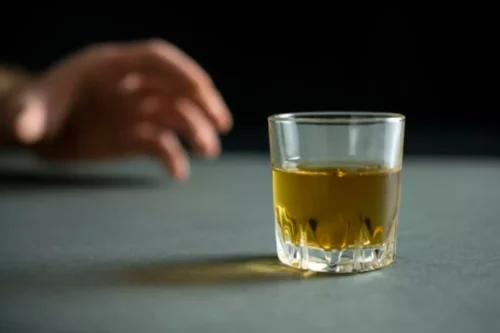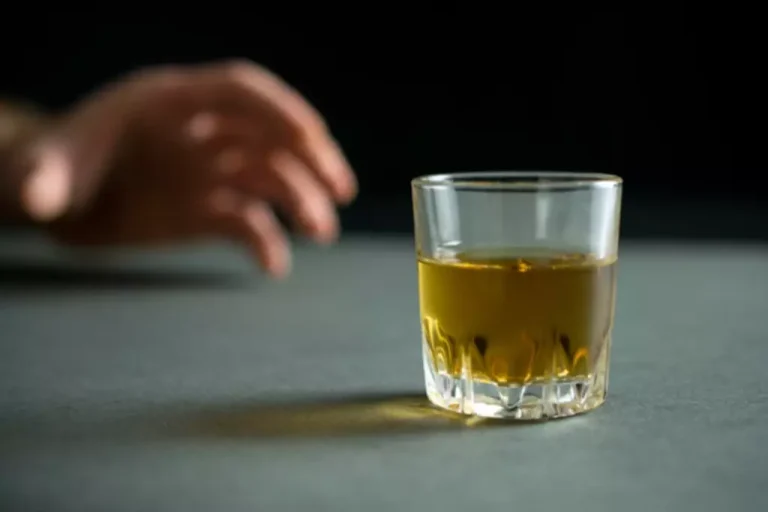
The rest of the group comments on the accuracy of their assessment and gives advice. Please note that Two Dreams utilizes process groups as opposed to theme/support groups. By encouraging participants to reflect on and share their gratitude, these circles contribute to the overall effectiveness of substance abuse treatment and recovery. Gratitude circles also enhance the sense of community within the group, fostering deeper connections and mutual support.
Learning to Say No
This topic provides education on the health risks of addiction, helping members understand the importance of maintaining a healthy lifestyle. Relapse prevention is crucial in recovery, as many individuals face triggers and stressors. This topic explores strategies for identifying early warning signs and developing a personalized relapse prevention plan. By preparing for potential challenges, members can feel more secure in their sobriety.
- The group leader acts as a role model, monitoring interactions and reinforcing therapeutic norms.
- Substance abuse group therapy is a great way to improve communication skills overall, which is helpful in successfully managing relationships and resolving conflicts.
- Substance use can damage trust within relationships, making it a crucial focus in recovery.
- Lastly, substance abuse group activities can provide group leaders with an opportunity to provide psychoeducation in an interactive way that members respond to.
Types of therapy groups in substance abuse treatment

Most importantly, you’ll likely also discuss why it’s important to forgive and how you can forgive someone in your life. Hawaii Island Recovery, the Big Island’s premiere residential substance abuse rehabilitation facility for adults, offers a comprehensive treatment program in a tranquil and healing environment. It’s important for inpatient and outpatient rehab facilities to incorporate beneficial substance abuse group activities. Group therapy is a helpful and effective method of treatment if you conduct it properly. You want to encourage as much participation as possible and there are a few different ways you can do that.
Alternative Sober Activities
Ask group members to introduce themselves by sharing three weird, funny, or interesting things about themselves as an “ice breaker” for one of your addiction recovery support group activities, . Furthermore, in group therapy, you’ll also take time to explore who you are by describing yourself, as well as your interests, goals, and flaws. By identifying these things, you can better understand your behavioral and thought patterns and start working on becoming the person you’d like to be. In doing so, you’ll also cultivate a more positive attitude and outlook on life. Countless meeting topic suggestions are listed above to help you focus the group on recovery based on the principles they need to thrive. Most therapists start with triggers and bad habits because those are the first things people must consider.


This topic discusses strategies for accepting past choices, learning from them, and focusing on building a brighter future. Substance use can damage trust within relationships, making it a crucial focus in recovery. This topic explores steps to regain trust from family, friends, and oneself, fostering stronger, healthier relationships. Shame and guilt can be significant barriers in recovery, often fueling negative self-perception. This topic provides strategies for recognizing, addressing, and overcoming these emotions, helping members move forward with self-compassion.
While individual counseling is crucial in someone’s recovery, attending substance abuse groups can prove healing for other reasons. Listening to and learning from peers who are traveling the same difficult journey and also committed to sobriety brings an entirely different element into the counseling process. Keeping up with discussions about mental health is essential in group therapy.
Questions to Explore Spirituality
Can you imagine how busy you’ll be when you add these substance abuse group topics to your events schedule? Creating and organizing systems now will keep your practice running smoothly down the road. SimplePractice will send out appointment reminders so https://ecosoberhouse.com/ that no one will miss their next group session.

TherapyPatron.com helps mental health professionals better serve their clients. Our (editable, fillable, printable PDF) therapy worksheets can help you streamline your practice, effectively deliver different types of therapy, and help your process group topics for substance abuse clients be their best selves. Group sessions provide group members with an opportunity to practice life skills including communication and establishing boundaries. Effective group leaders can help create an environment where members can challenge each other in a productive manner while practicing these life skills. This is very unhealthy, so it’s essential to explore ways to manage stress and increase a healthy state of mind without having to turn to substances.
In support groups, you are surrounded by other individuals that have similar goals to you. They want to overcome addiction, get help, and be happy in their own skin. Goals could be general; however, specific themes, such as fitness goals, may be encouraged. During this activity, the group is encouraged to discuss aspects of goals that may have already been achieved on each person’s journey, allowing members to seek inspiration from others.
Habits You Want To Change
Overall, gratitude circles are a valuable addition to group therapy activities, promoting emotional healing and a positive mindset. These activities support the development of healthier coping skills and enhance emotional healing, contributing to long-term sobriety and overall well-being. These groups help participants stay committed to their recovery goals and build resilience against potential setbacks, making them a vital part of substance abuse treatment. Relapse prevention groups often utilize role-playing to help members Substance abuse rehearse coping strategies for dealing with triggers and avoiding relapse.

Leave A Comment